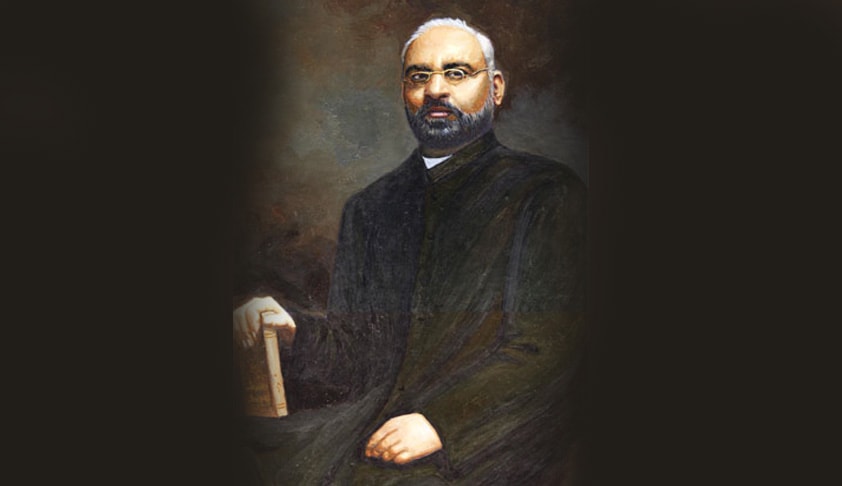Indian barrister Shyamji Krishna Varma (1857-1930) has posthumously been reinstated at London’s famed Inner Temple, after being disbarred for advocating independence for India.Mr. Varma had been expelled for writing letters to the Times for arguing for Indian home rule. The Inner Temple was quoted as saying, “The Benchers of the Inner Temple decided that Varma should be reinstated as a...

